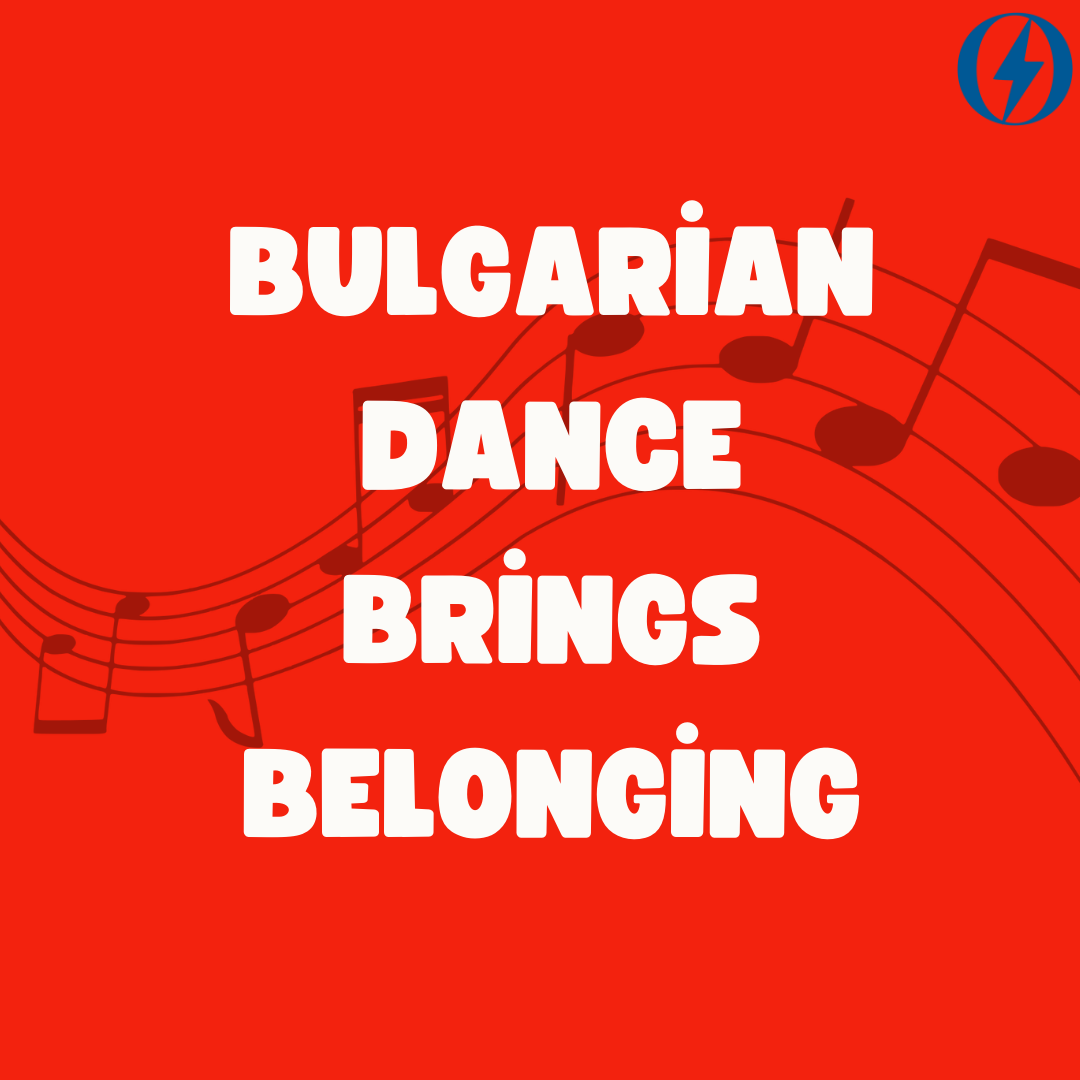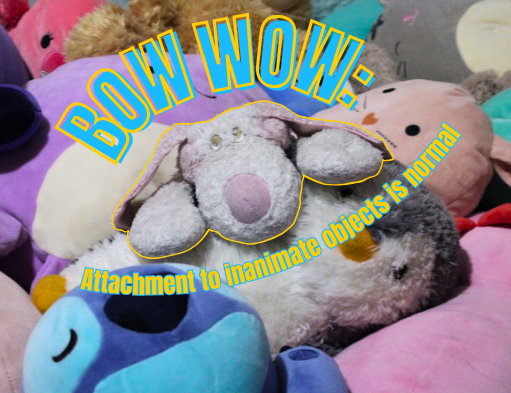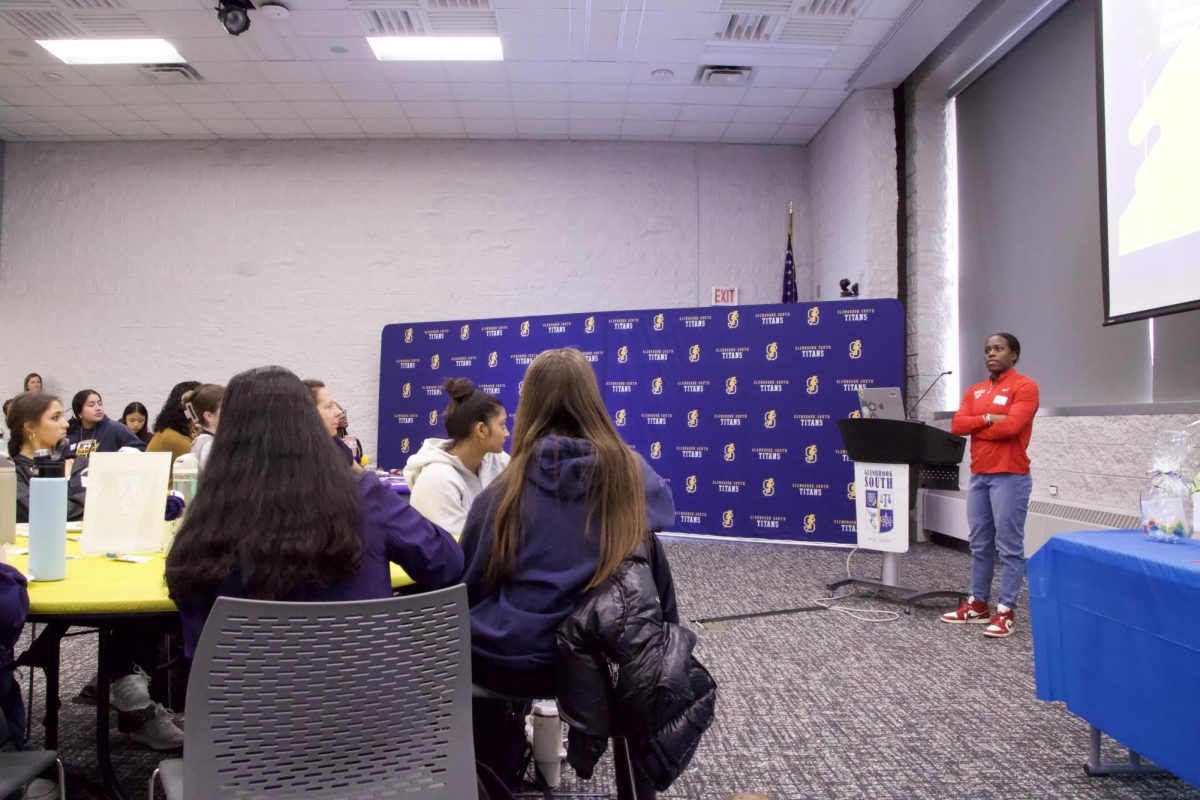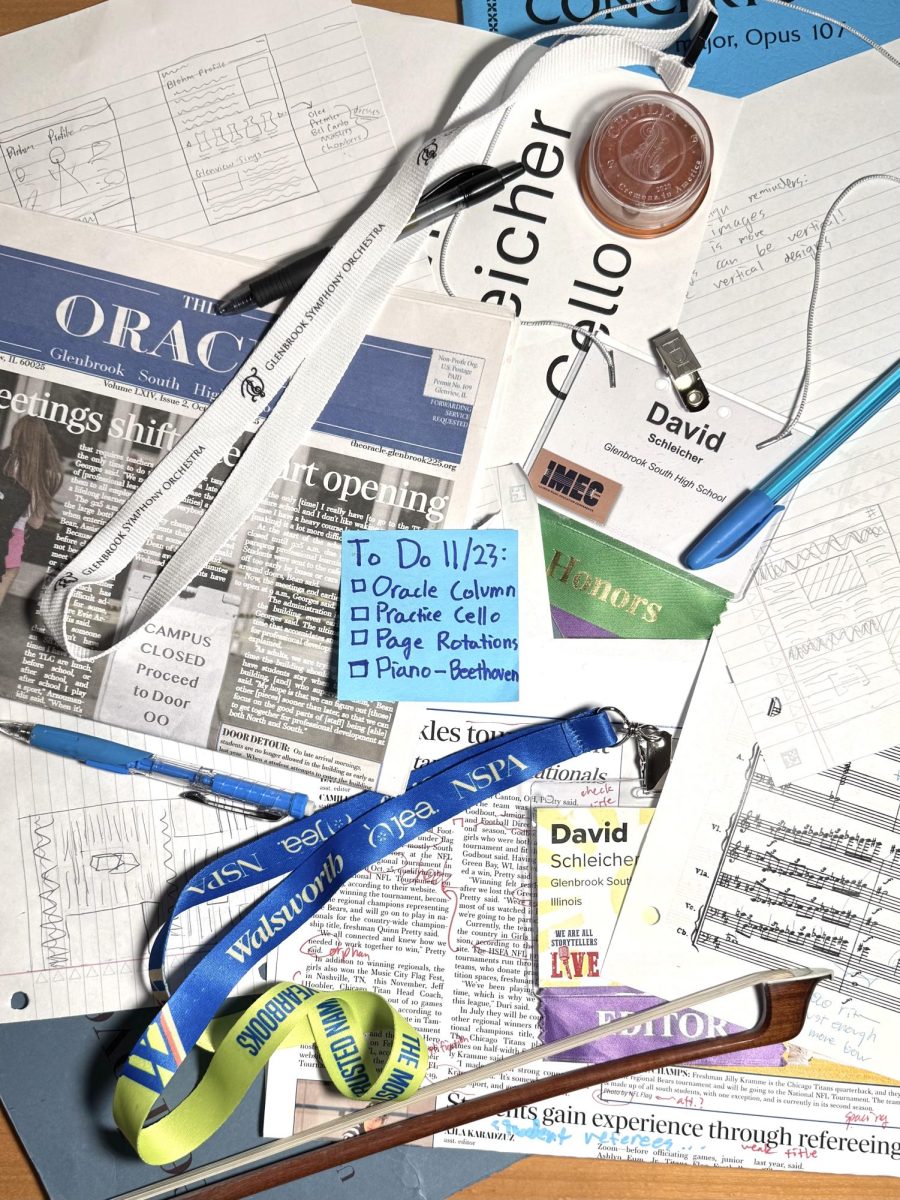“What sport do you play?”
It’s a question so common it almost feels rehearsed. Every time I’ve been asked, I’ve dreaded responding.
There’s always an uncomfortable pause as I explain my Bulgarian Folk Ensemble– a tradition of dance that requires on quick steps, synchronization, and cultural music that spans generations of joy and struggle.
When people hear or say the word “sport”, most of the time, they’re thinking of soccer, football, maybe even cheerleading–not folk dance.
Fearing others’ opinions, I began to wonder if I should begin telling people I didn’t play a sport; did I want to ignore the question or face the common fear of not fitting in?
But now, when someone asks what sport I play, I tell them without hesitation. Because owning your passions, without fear of judgment, is exactly how society can break free from the constant cycle of conformity.
As of November 2024, 30 percent of South students do not feel a sense of belonging. As a result, 900 students are grappling with the overwhelming pressure to fit into what they perceive as “normal”. For many, this pressure comes with the constant fear of judgment for not conforming to what’s expected of them.
As a consequence, students often avoid pursuing activities or interests that may be viewed negatively by their peers, even if they hold personal significance.
Dealing with these same pressures, it took me almost 10 years to realize that my sport wasn’t “weird”, just unconventional. For me, folk dancing became a means of representing something bigger– the cultural identity gifted to me by my parents.
Because of external pressures to conform, to fit into a mold that expected perfection, it was hard to see the value behind dancing. Once I silenced the noise of constant comparison, I began to see that folk dance was an integral part of my identity. It connected me to my parents’ struggles and triumphs; a narrative of immigration and the ability to sustain the community of a country over 5,000 miles away.
At 5 years old, I never could have imagined all the Bulgarian Dance would bring me; it became an opportunity to connect with my roots while also allowing me to have an athletic escape from distractions in my life.
Folk dance may not necessarily be labeled a “real sport” by society, but that never diminished the countless hours I trained, pushing myself just as hard as any athlete.
Folk dance has been my way to connect with identity, culture, or passion.
The National Endowment of the Arts highlights how creative traditions foster social cohesion and strengthen communities.
What your peers are dismissing as “strange” today is often what pushes culture forward tomorrow. While many claim to support diversity, the real test lies in daily actions– it’s easy to preach inclusion but harder to create space for it.
Instead of continuing a cycle of judgment, we are given the unique chance to create a space where individuality is valued. It’s time to stop tolerating difference and start embracing it.








